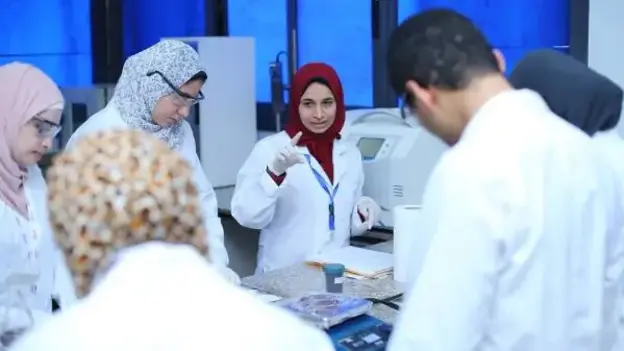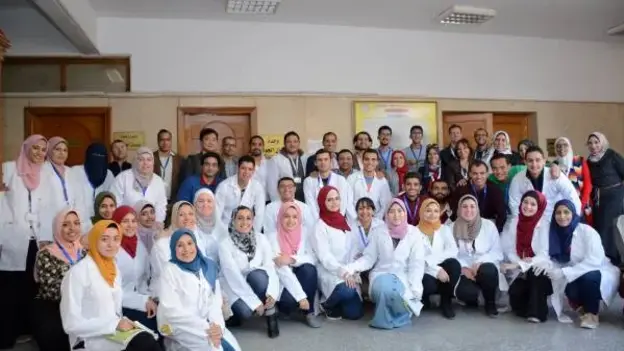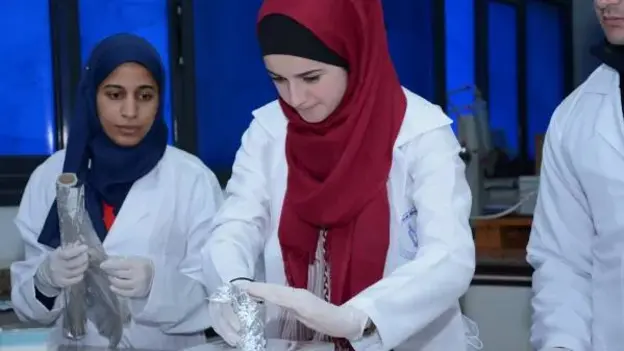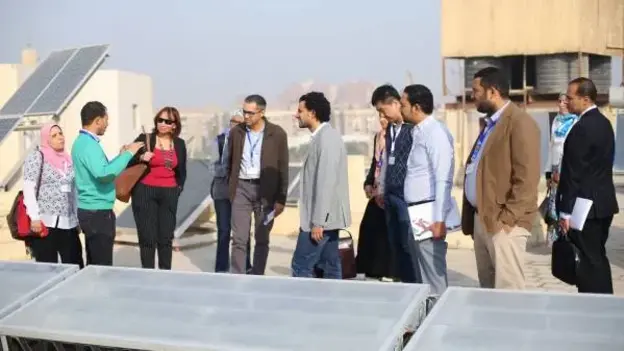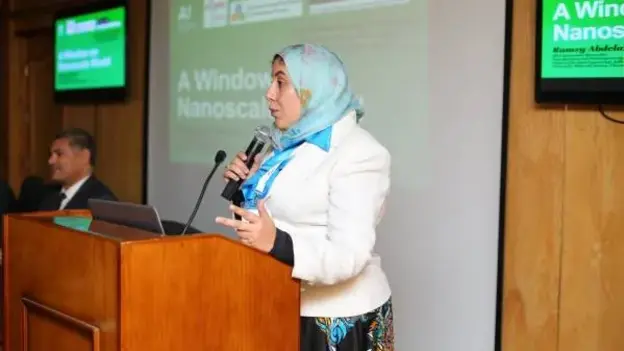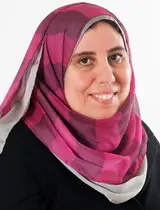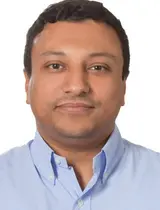Working Group Project
Intensive Practical Training Course on Nanobiotechnology
Training
According to the World Economic Forum’s Future of Jobs study 5 million jobs will disappear before 2020 through technological advances made in artificial intelligence, robotics and nanotechnology. At the same time, the study predicts the creation of more than 2 million jobs due to these technological developments.
Most of these newly created jobs will require great specialization combined with a set of key soft skills such as problem-solving, critical thinking and work ethic. Klaus Schwab, Founder and Executive Chairman of the World Economic Forum states in an interview that ‘without urgent and targeted action today, to manage the near-term transition and build a workforce with future-proof skills, governments will have to cope with ever-growing unemployment and inequality, and businesses with a shrinking consumer base’.
To equip postgraduate students with knowledge in both state-of-art technologies and practical application of nanotechnologies, AGYA members Samar Saad Eldeen Azab and Ahmed Saad Gomaa Khalil together with their AGYA colleagues of the Working Group Arab and German Education organized an ‘Intensive Practical Training Course on Nanobiotechnology’.
‘Nanotechnology is a broad and fast-growing area of science that is highly interdisciplinary in its nature. As it spans many skill and knowledge areas, completely new tasks as well as job occupations will occur in the near future. It is therefore important that students and graduates are provided with up-to-date information on current trends in nanotechnology’, sums up AGYA member Samar Saad Eldeen Azab. The workshop was held in cooperation with the Environmental and Smart Technology Group (ESTG) at Fayoum University and Ain Shams University from 28 November - 03 December 2018 in Fayoum, Egypt. The course provided the participants with the basic theoretical and practical knowledge needed for: synthesis and characterization of different types of nanomaterials, mechanisms of drug loading and release, drug delivery systems for cancer treatment and gene expression.
More than 100 postgraduate students had applied to the open call for participation in the training workshop. Only 20 of them were selected. They came from four different Arab countries and from various different fields of studies such as chemistry, pharmacy, zoology, biophysics and the medical sciences.
During the 6-days intensive training workshop, the participants benefited from a diverse and practice-oriented program: In lectures, research talks and practical sessions held by renowned international experts, the postgraduate students got insights into topics such as biosensor technologies, industrial applications of nanodrug materials and molecular biology. One additional lecture focused on ethics in research to equip the participants with necessary ethics and professional skills to persist in an ever more complex working environment. Another lecture on lab biosafety focused on the researcher’s safety at his/her place of work as well as safe and environmentally responsible application of nanotechnology.
‘The training workshop helped the participants to obtain a rich understanding of the capabilities of nanotechnology tools and provided them with new skill needs in the field of nanotechnology’, said workshop organizer Ahmed Saad Gomaa Khalil. ‘Through practical training sessions, the participants were directly able to apply the gained knowledge’.
- Venue
- Fayoum, Egypt
- Project Title
- Intensive Practical Training Course on Nanobiotechnology
- Year
- 2018
- Funding Scheme
- Working Group Project
- Working Group
- Energy, Water and Environment
- Countries Involved
- Egypt, Germany
